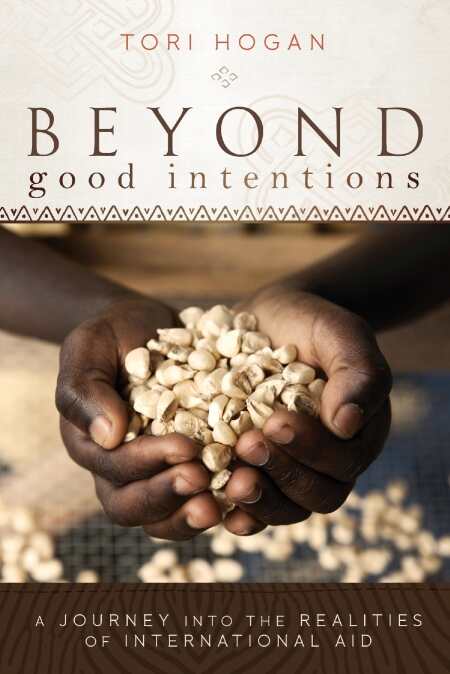Beyond Good Intentions
A Journey into the Realities of International Aid
Advertisements make persuasive cases for giving to international aid agencies. In Beyond Good Intentions, Tori Hogan offers a firsthand account of what such donations, as well as those from governments and businesses, actually provide. She recounts her enthusiastic entry into aid work in Africa as a young adult and how a Somali refugee youth pointedly stated, “A lot of aid workers come and go, but nothing changes,” before asking her, “Do you really think you have the answer to our problems?” Hogan traces how that honest question in a chance meeting redirected her life to “uncover how the ‘helping industry’ could be reformed.”
With degrees from Duke and Harvard and experience as a Fulbright Scholar, Hogan capably combines the theoretical with her on-the-ground experience. She has established herself as a global critic of the aid industry and has released a ten-part documentary on the topic. Beyond Good Intentions traces her return to the Somali refugee camp in Kenya after eight years to thank the student who had changed her life. It also covers two months of travels to other aid sites in Kenya, Rwanda, and Uganda, and her return to America. She tells the story in a quasi-journal style that immediately draws one into the events as they unfold.
Numerous failures of aid agencies are detailed, including instances of “waste, corruption, and distrust” and examples of poorly trained staff. She wonders why “the smell of dependency wafts in the air” at aid camps and why people are frequently treated without dignity. The difficulties of navigating funding fads, donor demands for recognition, and much more are all effectively explored as reasons for the dysfunction.
In Beyond Good Intentions, Hogan makes a compelling, personal case to the public and experts alike to rethink international aid. Conversations with volunteers, staff, and recipients reveal the human aspects of aid relief. Descriptions such as refugees “sitting idly under scavenged pieces of tarp, seemingly unsure if they’re waiting for something or nothing” portray the limbo to which aid agencies and governments relegate many individuals. Hogan’s inclusion of the struggles to make her romance work, a topic which at first seems out of place, develops into a brilliant parallel metaphor for international aid. By sharing success stories and advocating for social entrepreneurship, Hogan instills hope that “the tiny changes” can “all add up to a larger social shift.” Any who are involved in international aid or who donate to charities will benefit greatly from considering Hogan’s experiences and recommendations.
Reviewed by
William Gee
Disclosure: This article is not an endorsement, but a review. The publisher of this book provided free copies of the book to have their book reviewed by a professional reviewer. No fee was paid by the publisher for this review. Foreword Reviews only recommends books that we love. Foreword Magazine, Inc. is disclosing this in accordance with the Federal Trade Commission’s 16 CFR, Part 255.

